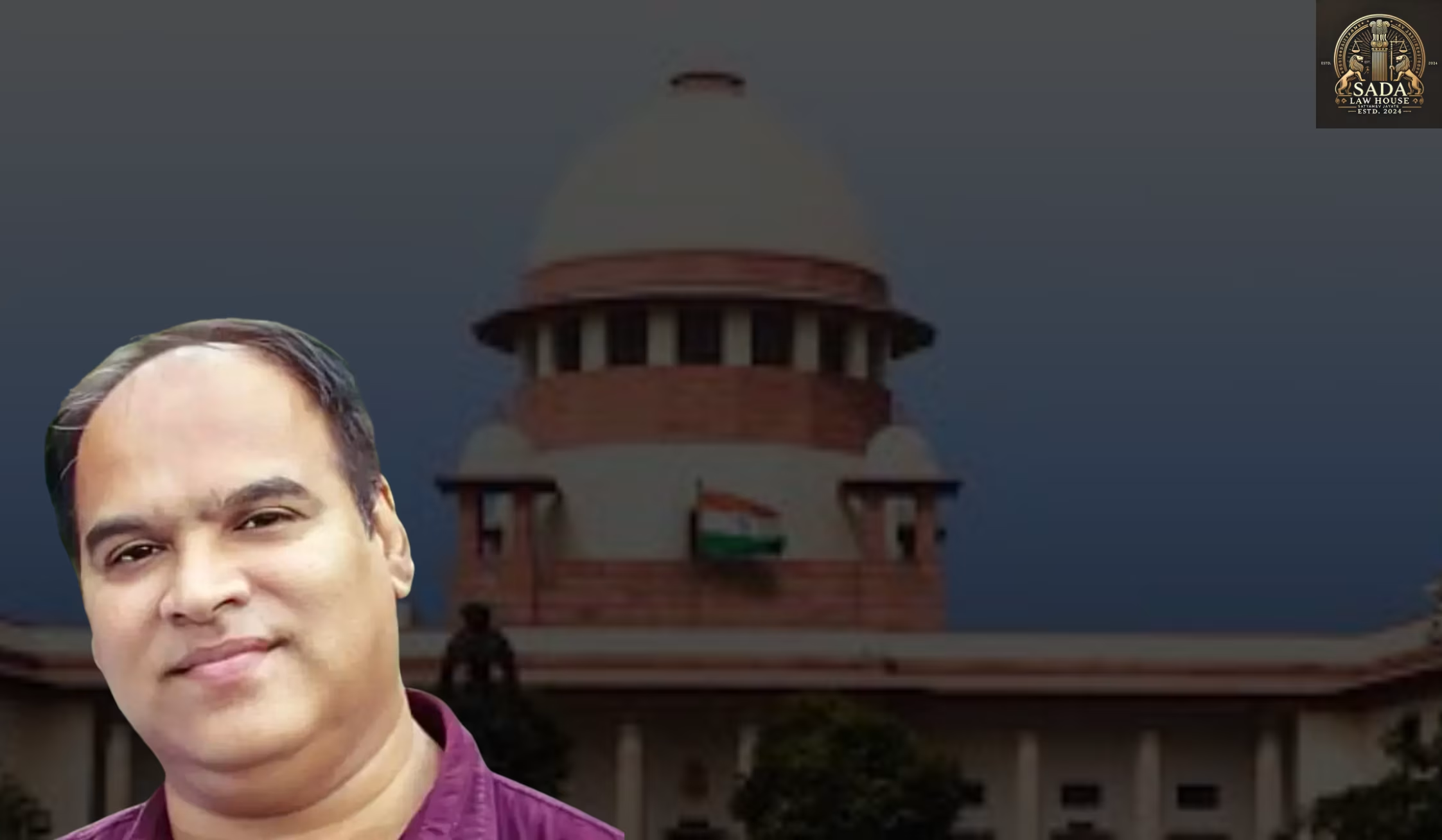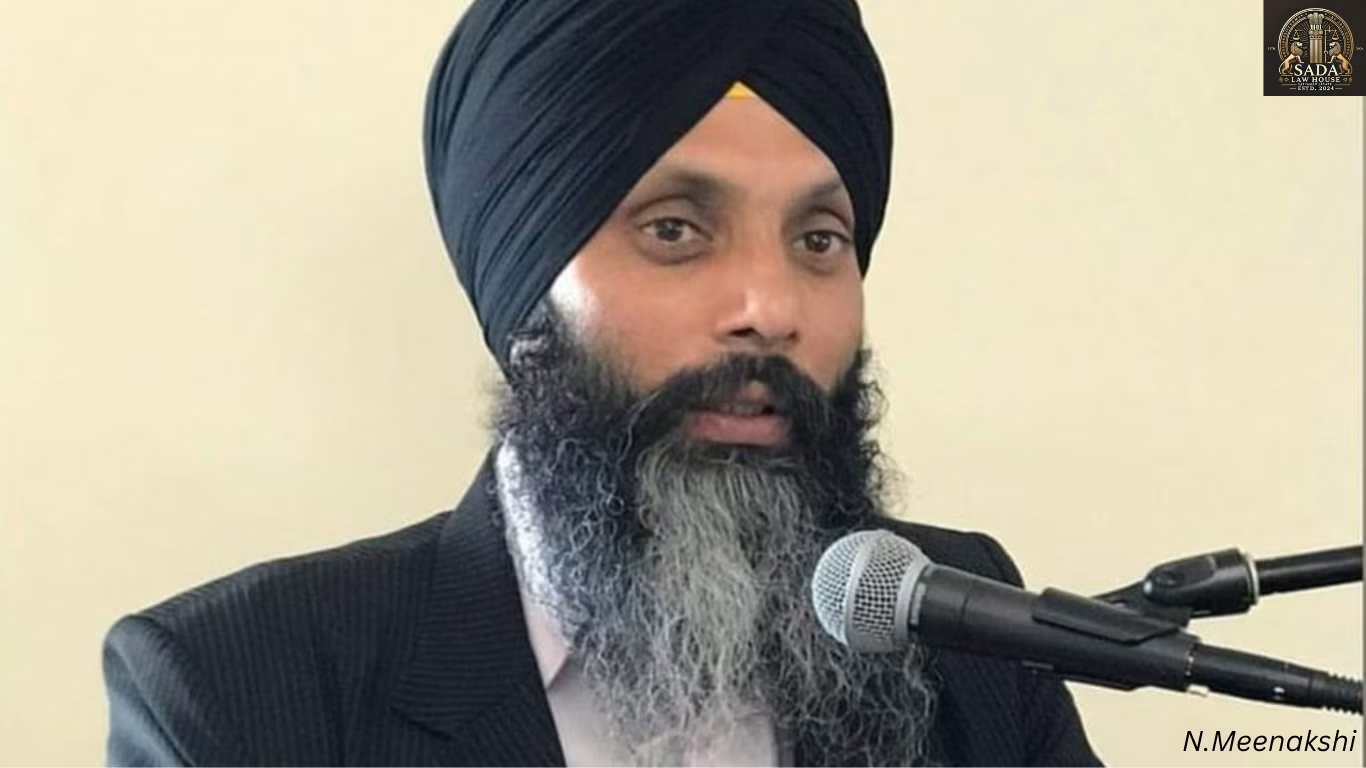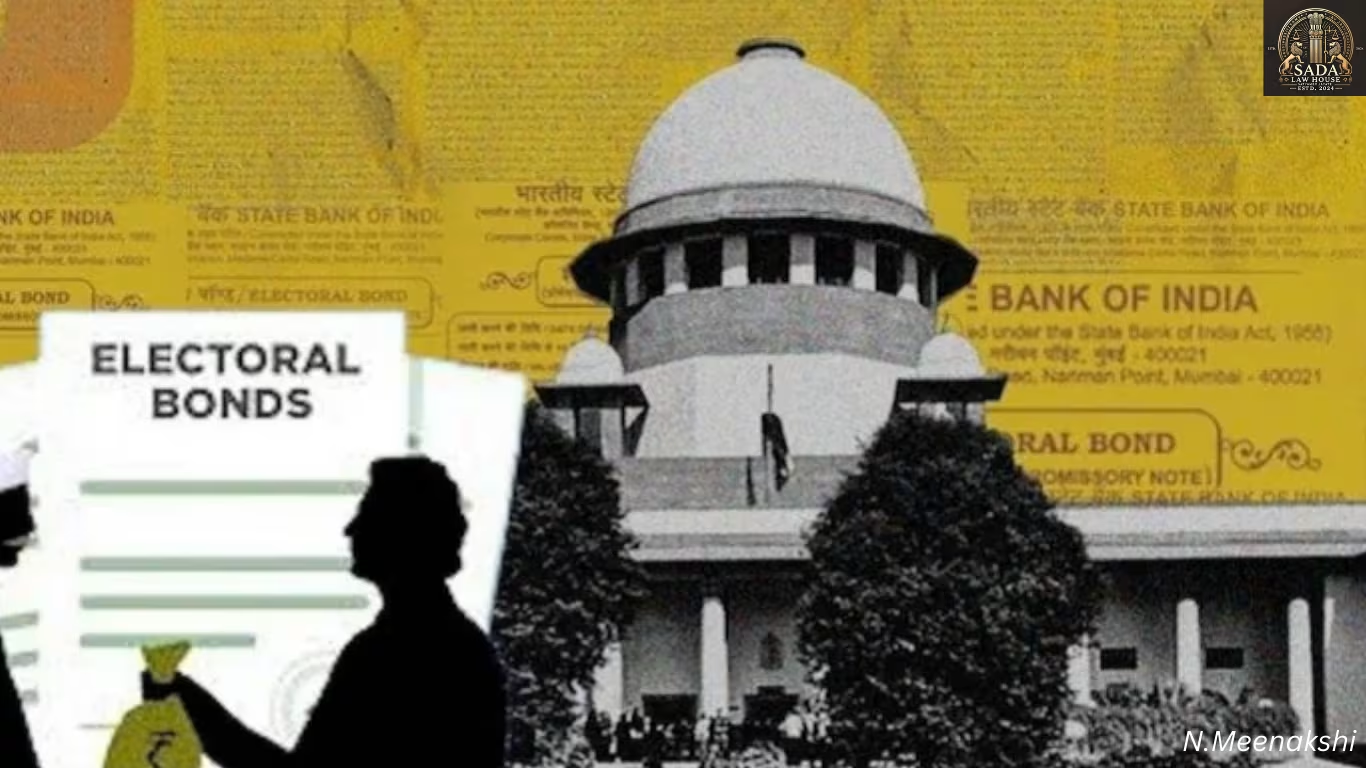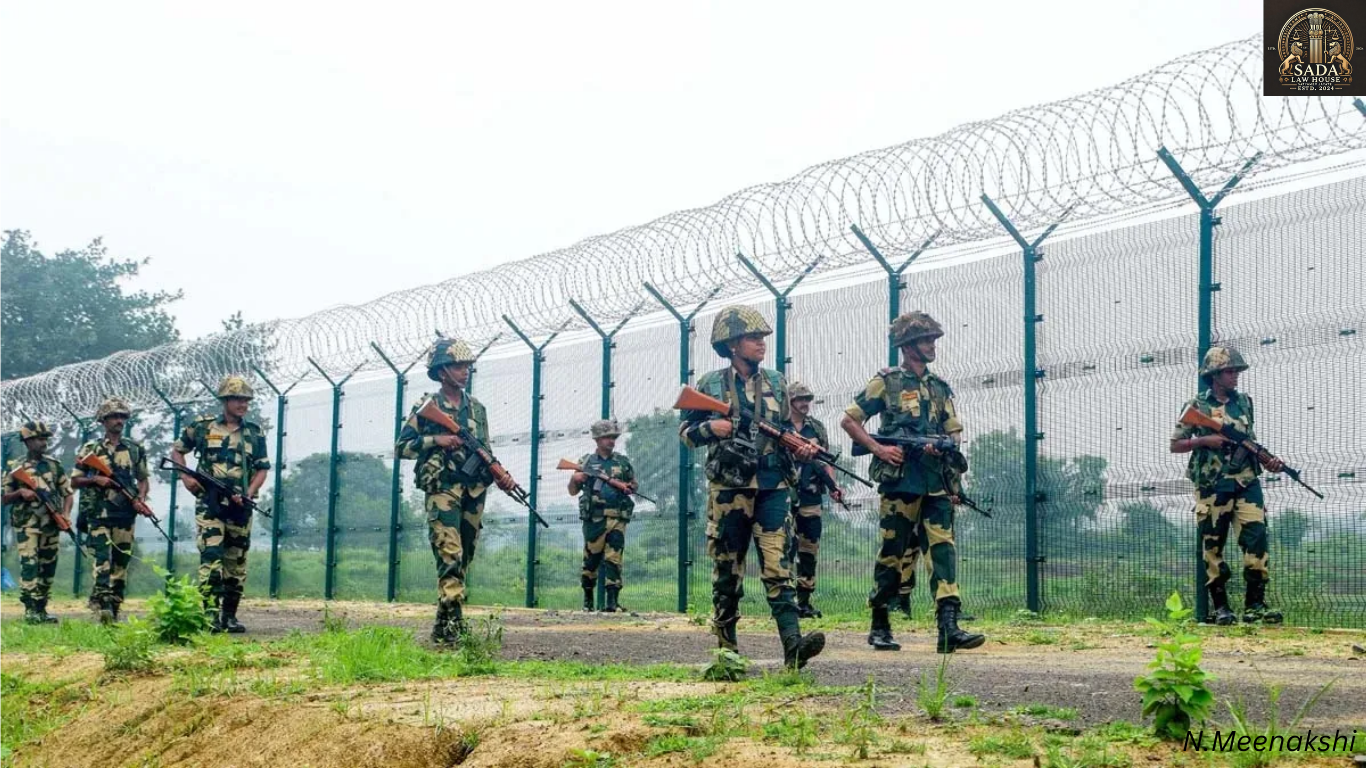Supreme Court to Hear Cartoonist Hemant Malviya’s Bail Plea in PM Modi Caricature Case
- Prabhat Kumar Biltoria
- 13 JULY 2025

The Supreme Court will hear Hemant Malviya’s bail plea on July 14 in a controversial case involving a caricature of Prime Minister Narendra Modi and the RSS. The case raises critical questions about artistic freedom and satire in India.
Introduction
The Supreme Court of India is set to hear the anticipatory bail plea of Hemant Malviya, a cartoonist from Indore, on July 14, 2025. Malviya faces legal action for allegedly sharing a caricature that depicted Prime Minister Narendra Modi and a member of the Rashtriya Swayamsevak Sangh (RSS) in a way that was claimed to hurt religious sentiments.
The case will be heard by a bench comprising Justices Sudhanshu Dhulia and Joymalya Bagchi.
The Controversial Cartoon: A Timeline
Original Artwork and Resurfacing
Malviya created the original cartoon in January 2021 during the height of the COVID-19 pandemic. The illustration showed a Modi-like figure administering a vaccine to someone in RSS attire—an image that many deemed offensive.
The caricature reappeared on social media in May 2025 when it was reshared by another user who added political commentary, including caste-based criticism. Malviya later reshared the post, claiming he did so not to endorse the new comments but to highlight the public circulation of his work.
Legal Trouble Begins
Complaint and Charges
A complaint was filed on May 21, 2025, by Vinay Joshi, an RSS member and advocate, at the Lasudiya police station in Indore. The charges include:
Section 67A of the Information Technology Act, 2000
Sections 196, 299, 302, 352, and 353(2)(3) of the Bharatiya Nyaya Sanhita (BNS)
These are serious provisions involving the misuse of digital platforms and endangering public harmony.
Bail Denied by Madhya Pradesh High Court
Malviya’s anticipatory bail was earlier rejected by the Madhya Pradesh High Court, which stated that the caricature was a “sheer misuse of freedom of speech” and justified custodial interrogation.
The court also clarified that protections under Section 41A of the Criminal Procedure Code (CrPC) and the landmark Arnesh Kumar judgment were not applicable due to the offensive and repeated nature of the act.
Malviya Moves to Supreme Court
Defense of Artistic Freedom
In his petition to the Supreme Court, Malviya argues that his cartoon is a form of satire and artistic expression, not a criminal offense. He claims that penalizing such creativity would be unjust and dangerous for artistic freedom in India.
The outcome of this case may shape the future of freedom of expression, especially where it intersects with politics and religion.
Conclusion
This case has sparked widespread debate over the limits of satire, freedom of speech, and the legal boundaries of artistic expression in India. As the Supreme Court prepares to deliver its verdict, the nation watches closely—waiting to see whether creativity will be protected or punished.
Live Cases






